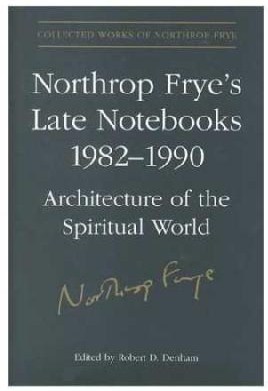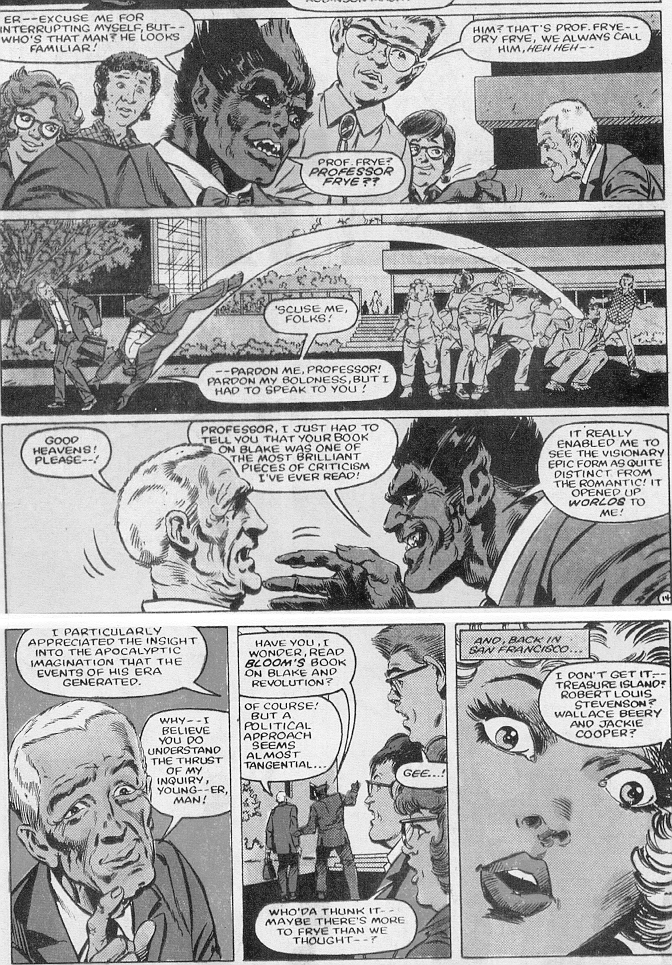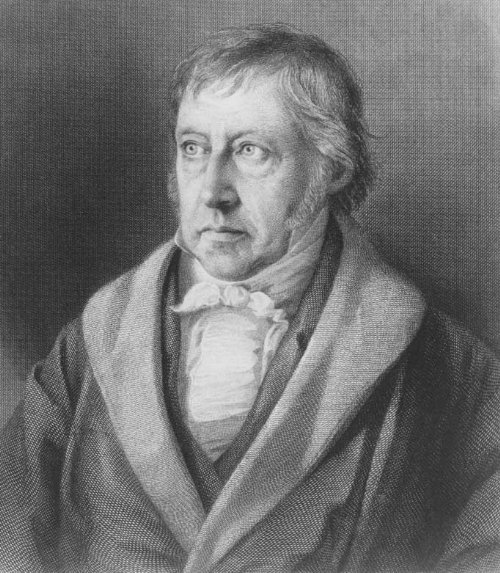On this date in 430 St. Augustine of Hippo died (born 354).
Yesterday we quoted Frye on Hegel from his student essay written in 1933, “The Augustinian Interpretation of History.” That essay is a good place to start today too. In the essay, by the way, Frye cites a quote from Hegel that might be kept in mind: “We learn from history that we never learn anything from history” (CW 3, 193).
First then, for Augustine, the political problem, the collapse of the Roman Empire. It was easy to accuse the upstart religion to which Augustine belonged of having caused the downfall, and the first ten books [of The City of God] are taken up with defending the Christians and attacking the pagans. For our present thesis this is important in clearing the ground for the doctrine of the two cities. The immediate, obvious opposition Augustine had to contend with was that of paganism and Christianity; not until that was outlined could the theory of the two cities follow. The latter is an abstract conception of some difficulty, and to introduce it at the outset would upset what balance the book still retains. Although it is not deliberately a philosophy of history, but an apologetic, the germ is there. Almost at once Augustine outlines the essential change that the coming of Christianity has made in the world. Christianity is not responsible for the fall of Rome (I, i), in the sense that the Romans have failed through deserting the gods that could have helped her. These same gods lost Troy (I, iii); how should they preserve Rome? On the other hand, Christianity has brought an entirely new note of gentleness: Rome’s Christian conquerors spared her to an extent which Rome herself never practiced toward her foes (I,ii). In the ancient world there was no idea of anything else than the most brutal revenge in warfare (I, iv). No, the cause of the Roman defeat lay in herself (II), in her essential weakness and wickedness. Her empire, allotted to her as a reward for certain terrestrial virtues (V), such as justice, temperance, courage, and so on–on which Augustine dwells with much enthusiasm–has been forfeited by her vice. (CW 3, 200)





